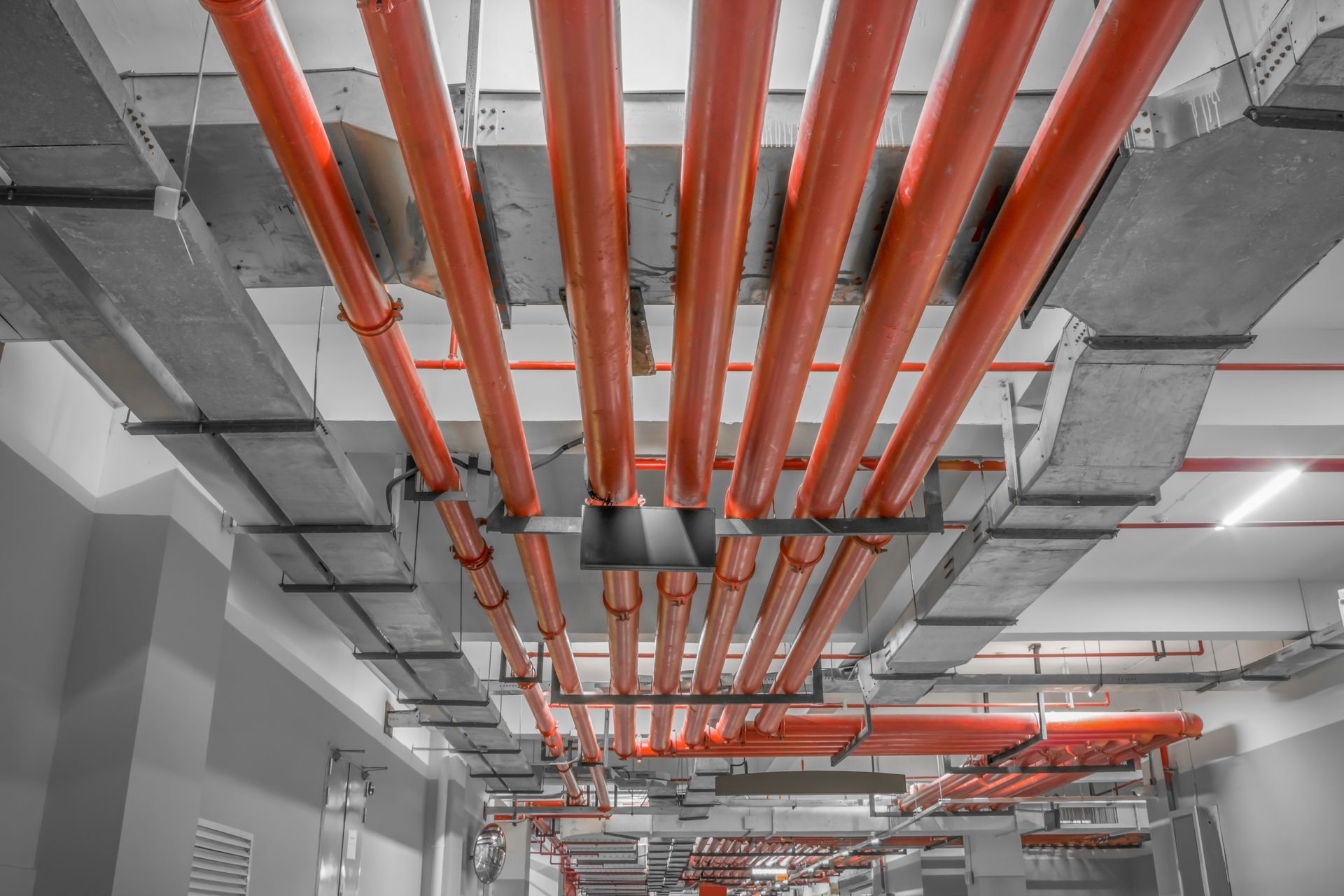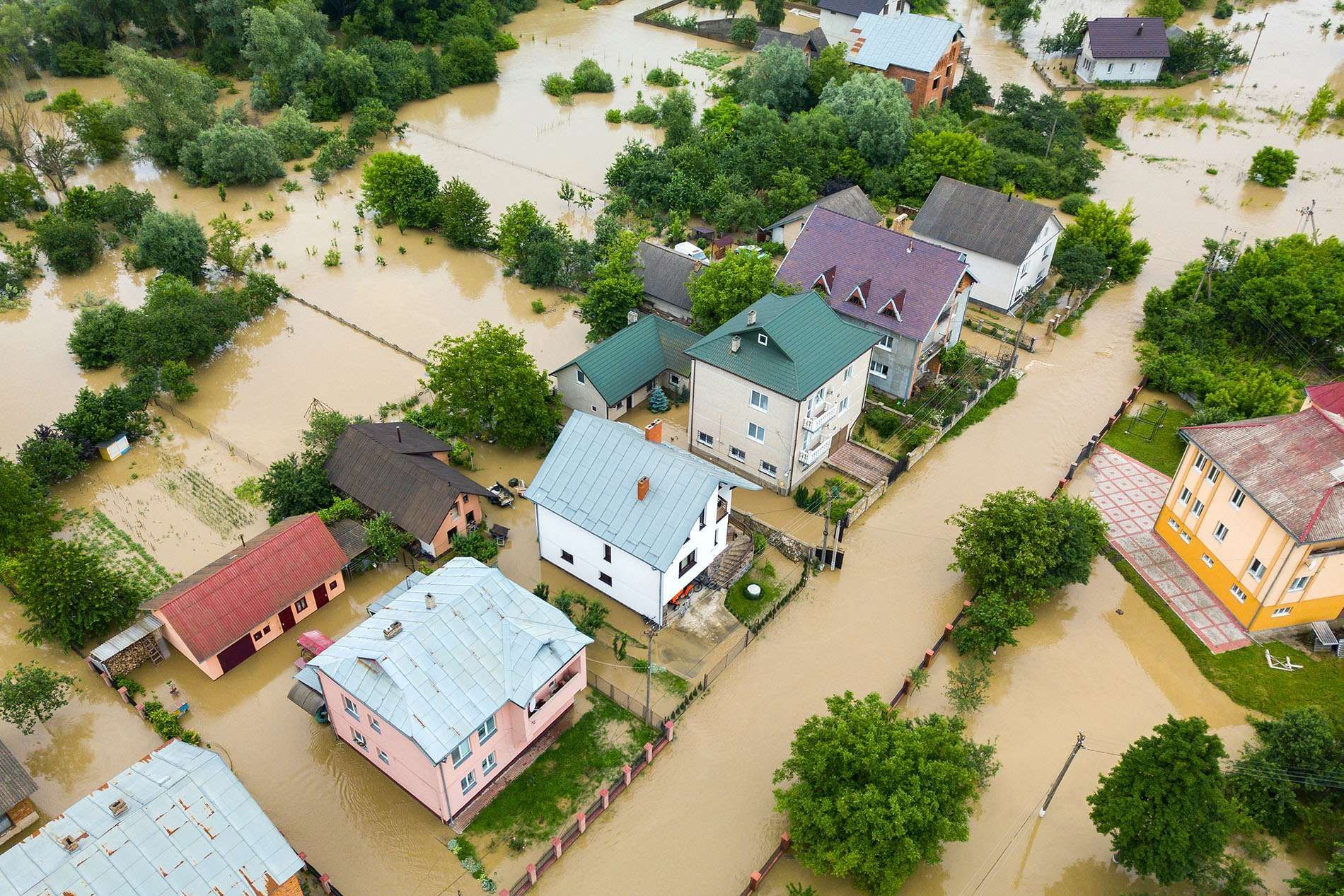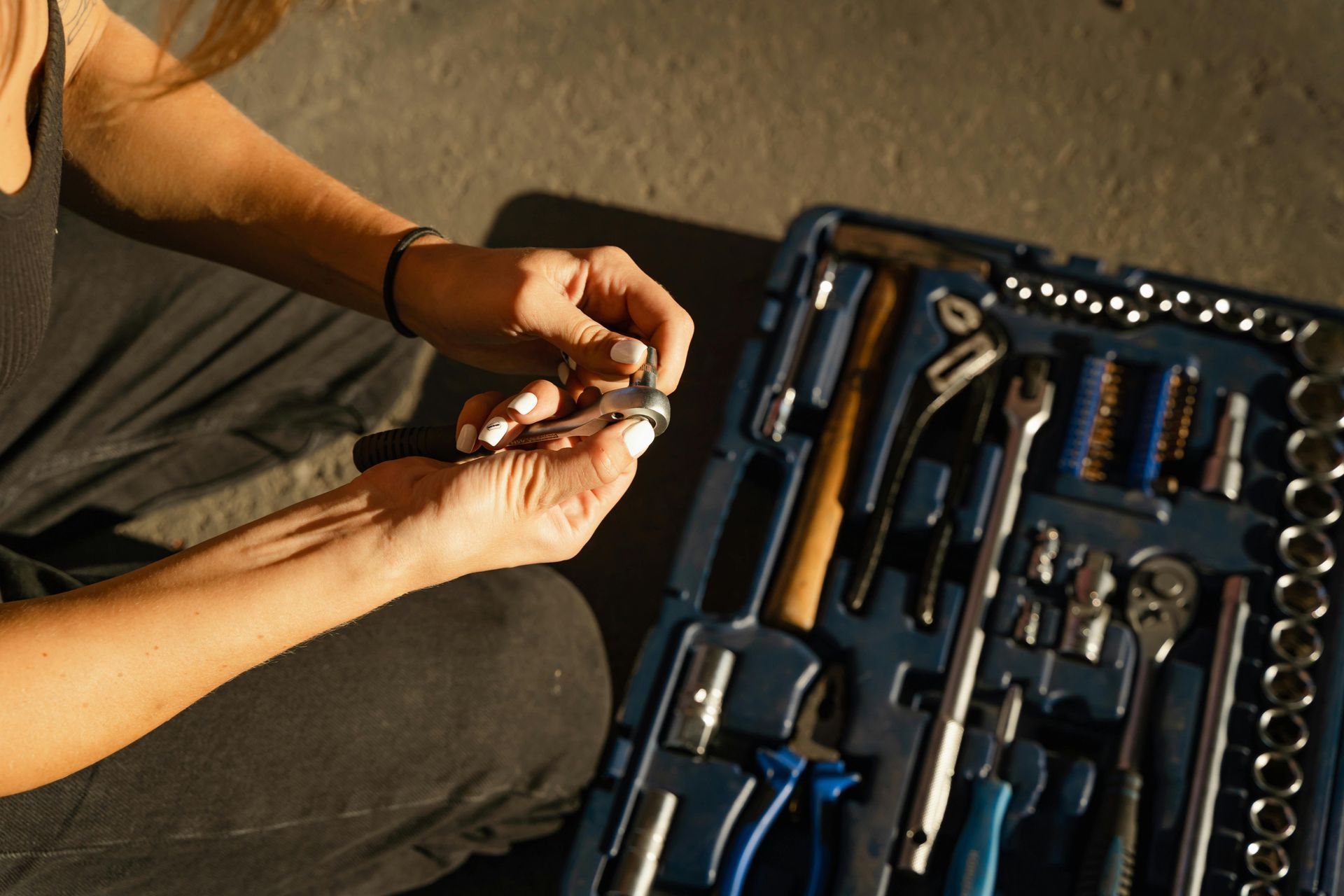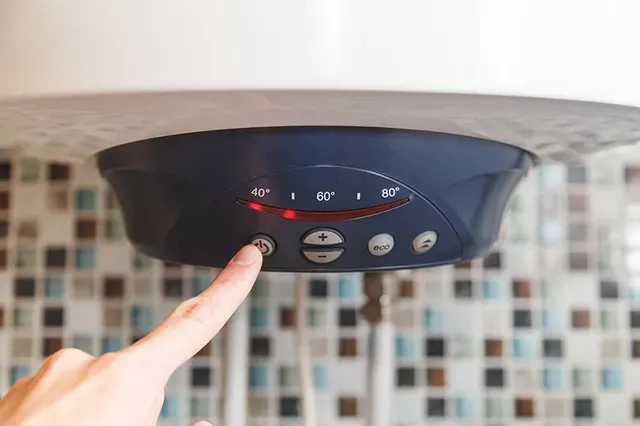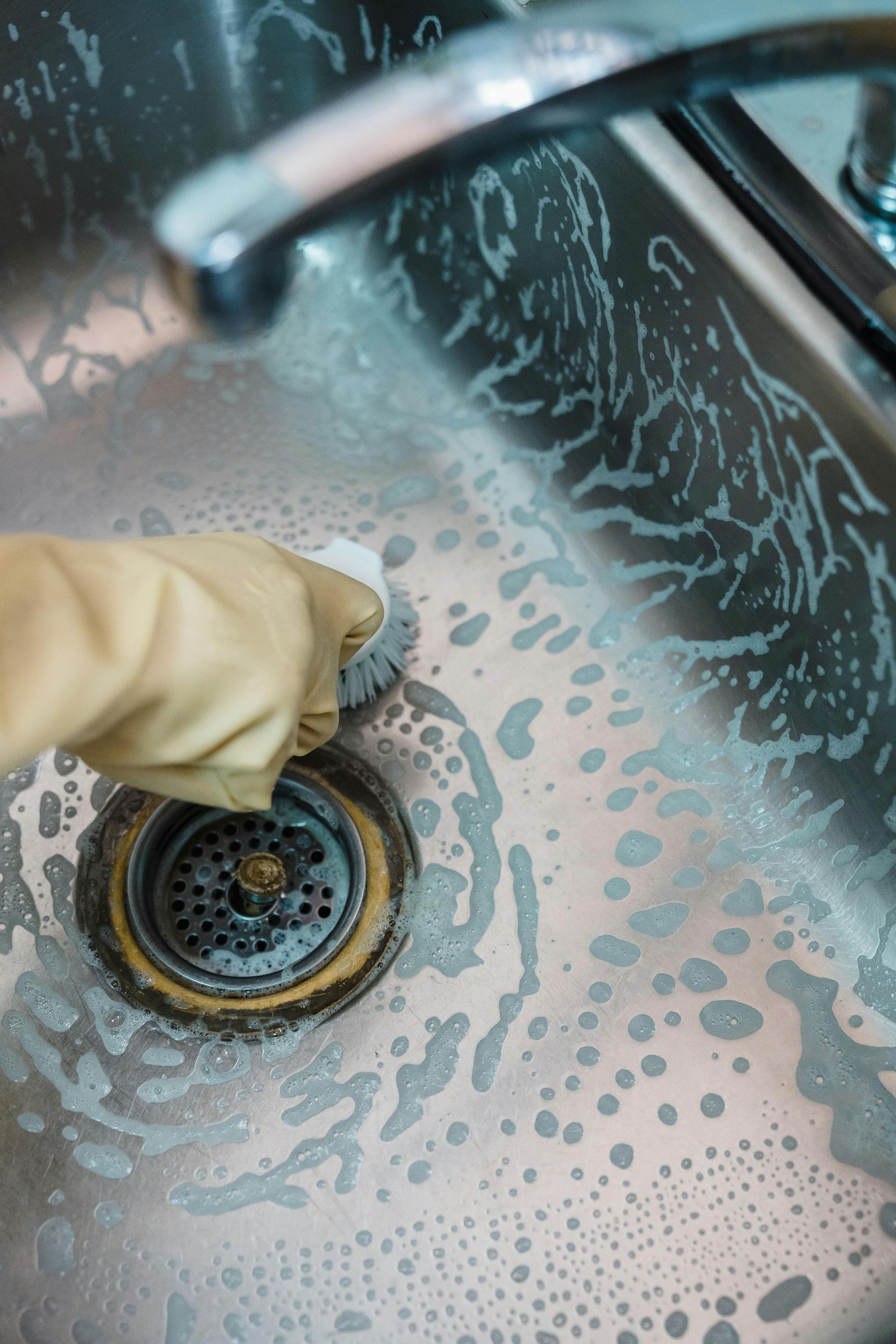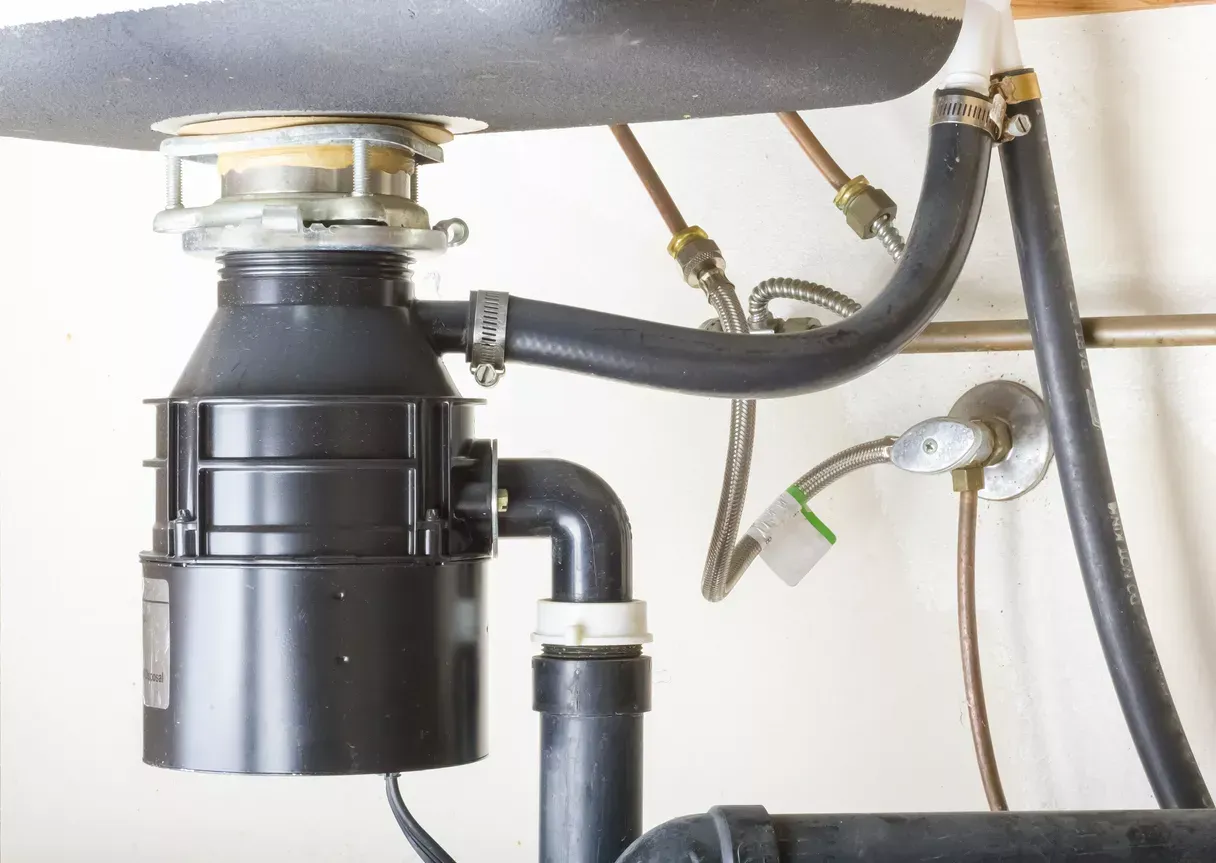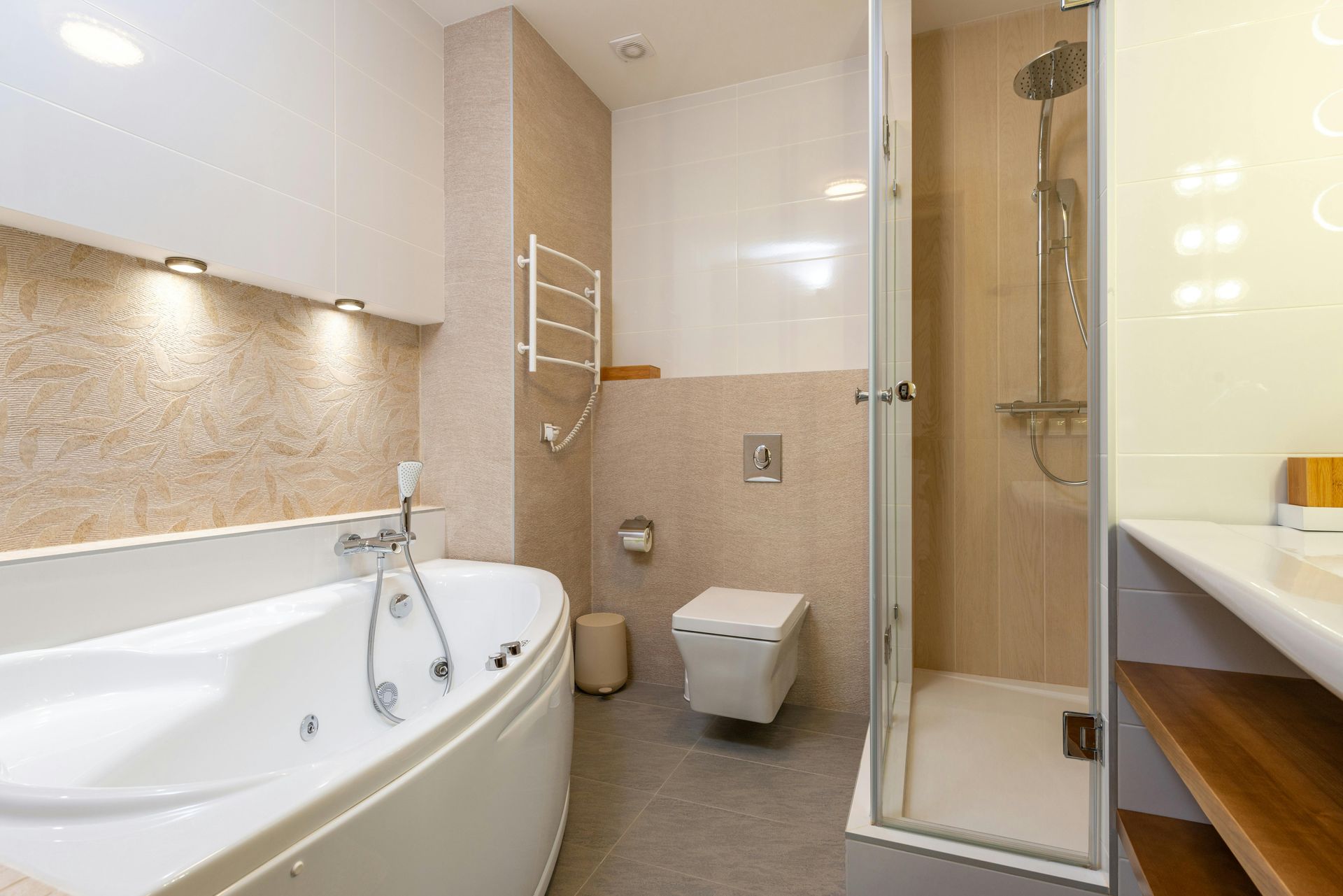Common Questions Asked About Plumbing
Plumbing is a critical aspect of any home or business, yet it often raises many questions for homeowners and tenants alike. Whether you're dealing with a minor issue or a major plumbing emergency, understanding the basics can save you time, money, and stress. This comprehensive guide answers some of the most common plumbing questions, offering expert insights that will help you manage and maintain your plumbing system effectively.
Are Drain Cleaning Chemicals Safe?
Drain cleaning chemicals are widely available and often marketed as quick fixes for clogs. However, these chemicals can be harmful to both your plumbing system and the environment. Most drain cleaners contain harsh chemicals like sulfuric acid or sodium hydroxide, which can corrode pipes over time, especially if used frequently. Additionally, these chemicals can be dangerous if they come into contact with skin or eyes, and they can release toxic fumes.
Alternatives:
Use a plunger or a plumber's snake to clear clogs manually.
Try natural solutions like baking soda and vinegar.
Call a professional plumber for stubborn clogs to avoid damaging your pipes.
How Does a Plumber Work?
Plumbers are skilled tradespeople who install, maintain, and repair plumbing systems, including pipes, fixtures, and appliances. They work in various settings, from residential homes to commercial buildings, and handle tasks ranging from fixing leaks to installing new water heaters.
Key Responsibilities:
Diagnosing and troubleshooting plumbing issues.
Repairing or replacing faulty components.
Installing new plumbing systems and appliances.
Ensuring that plumbing systems comply with local codes and regulations.
What Constitutes a Plumbing Emergency?
A plumbing emergency is any situation that poses an immediate risk to your property or health. Common plumbing emergencies include burst pipes, severe leaks, sewage backups, and major clogs that prevent the use of essential fixtures like toilets and sinks.
Signs of a Plumbing Emergency:
Rapid water flow or flooding.
Uncontrolled leaks or bursts.
Sewage odors or visible waste.
Lack of access to clean water.
Why Is My Faucet Leaking?
A leaking faucet is a common issue that can be caused by several factors, including worn-out washers, O-rings, or seals. Over time, these components can degrade, leading to drips and leaks.
Solutions:
Replace Washers and O-Rings:These are inexpensive and often easy to replace.
Check the Valve Seat: This connects the faucet to the spout. If it's corroded, it may need to be replaced.
Call a Plumber: If you're unsure of the cause, a professional plumber can diagnose and fix the issue.
Why Does My Toilet Keep Running?
A running toilet is not only annoying but also wasteful, as it can lead to significant water loss. The most common cause is a faulty flapper valve that doesn't seal properly, allowing water to continuously flow from the tank into the bowl.
Fixes:
Adjust the Flapper Chain: It may be too short or too long, preventing the flapper from sealing correctly.
Replace the Flapper Valve: This is a relatively simple DIY fix.
Check the Fill Valve: If the flapper isn't the issue, the fill valve may need adjustment or replacement.
Do We Really Need Garbage Disposals?
Garbage disposals are convenient appliances that grind food waste into small particles that can be flushed through your plumbing system. While not essential, they help reduce kitchen waste and prevent clogs by breaking down food debris.
Benefits:
Reduces kitchen waste and odors.
Prevents clogs in kitchen drains.
Makes cleaning up after meals easier.
If you are looking forGarbage Disposal Repair & Replacement services, reach out to us!
You might want to read more abouthow to repair a broken garbage disposal!
How Can I Unclog a Drain?
Clogged drains are a common problem, but they can often be resolved with a few simple methods. The best approach depends on the severity and location of the clog.
Methods:
Plunger: Effective for minor clogs in sinks, toilets, and showers.
Plumber's Snake: A flexible tool that can reach deeper clogs.
Baking Soda and Vinegar: A natural solution for mild clogs.
Professional Help: For persistent clogs, it's best to call a plumber.
If you are looking forDrain Clearing services, reach out to us!
Read here about drain clearing -How Often Should You Clean Your Drains?
What Causes Low Water Pressure?
Low water pressure can be frustrating and may indicate a problem with your plumbing system. Common causes include clogged pipes, a malfunctioning pressure regulator, or issues with the municipal water supply.
Possible Causes:
Clogged Pipes: Mineral buildup can restrict water flow.
Pressure Regulator Issues: This device controls water pressure entering your home. If it fails, pressure can drop.
Municipal Supply Problems: Sometimes, the issue is with the water supply itself.
If you are looking for Waterline Repair & Replacement services, reach out to us!
The Role of Pressure Relief Valves in Plumbing Systems!
What Plumbing License Do You Possess?
Plumbers are required to have a license to operate legally. This license ensures that they have the necessary training, experience, and knowledge to perform plumbing work safely and effectively.
Types of Licenses:
Journeyman Plumber: A basic license allowing plumbers to work independently on most jobs.
Master Plumber: A more advanced license that requires additional training and experience.
Specialized Licenses: Some plumbers may have additional certifications for specific types of work, like gas fitting or backflow prevention.
The 4 Drain Cleaning Tools Used By Professionals
Why Does My Drain Get Clogged?
Drains can become clogged for various reasons, often due to the accumulation of debris, grease, hair, and other materials. Regular maintenance and mindful usage can help prevent clogs.
Common Causes:
Hair and Soap Scum: These can combine to create blockages in bathroom drains.
Grease and Food Particles: In kitchen sinks, grease and food debris are common culprits.
Foreign Objects: Items like toys, jewelry, and sanitary products can cause serious clogs.
Can Small Leaks Wait for Repair?
Even small leaks can lead to significant problems if left unaddressed. They can waste water, increase your bills, and cause damage over time.
Why Immediate Repair Is Important:
Prevent Water Damage: Even a slow leak can cause mold, mildew, and structural damage.
Save Money: Fixing leaks promptly can save on water bills and repair costs.
Avoid Escalation: Small leaks can turn into larger ones, leading to more extensive damage.
5 Plumbing Problems You Can’t Ignore!
How Can We Prevent Frozen Pipes?
Frozen pipes are a common issue in colder climates, but they can be prevented with proper precautions.
Prevention Tips:
Insulate Pipes: Use pipe insulation to protect exposed pipes.
Keep a Steady Temperature: Maintain a consistent indoor temperature, even when you're away.
Let Faucets Drip: During extreme cold, allow faucets to drip slightly to prevent freezing.
What Causes a Smelly Drain?
A smelly drain is usually a sign of a buildup of bacteria, food particles, or organic matter. It can also indicate a problem with the plumbing venting system.
Solutions:
Clean the Drain: Use a mixture of baking soda and vinegar to clean the drain.
Check the P-Trap: Ensure the P-trap is functioning properly to prevent sewer gases from entering your home.
Vent Inspection: If the smell persists, there may be an issue with the plumbing vents, requiring professional inspection.
Why does my shower drain smell bad?
What Causes Sump Pump Failure?
Sump pumps are essential for preventing basement flooding, but they can fail for various reasons, leaving your home vulnerable to water damage.
Common Causes:
Power Failure: Sump pumps rely on electricity, so a power outage can render them useless.
Clogged Discharge Pipes: Debris can block the discharge pipe, preventing the pump from working correctly.
Mechanical Failure: Like any mechanical device, sump pumps can wear out or break down over time.
If you need Sump and Sewage Pump Repair services, reach out to us!
What is a slump pump and how does it work!
What Is Hard Water?
Hard water contains high levels of calcium and magnesium, which can cause scale buildup in pipes and appliances. It's not harmful to health, but it can affect your plumbing system's efficiency.
Effects:
- Scale Buildup: Can reduce water flow and damage appliances.
- Soap Efficiency: Hard water can make it difficult to lather soap, leading to higher usage.
- Staining: Can leave stains on dishes, clothing, and plumbing fixtures.
What Skills Should a Plumber Have?
Plumbers need a diverse skill set to handle the variety of tasks they encounter daily.
Essential Skills:
- Technical Knowledge: Understanding of plumbing systems and tools.
- Problem-Solving: Ability to diagnose and fix issues efficiently.
- Physical Stamina: Plumbing work can be physically demanding.
- Communication: Clear communication with clients is essential for successful job completion.
Why Is Plumbing Maintenance Essential?
Regular plumbing maintenance is crucial for preventing issues before they become major problems. It can extend the life of your plumbing system and save you money in the long run.
Benefits:
- Prevents Emergencies: Regular checks can catch issues early.
- Improves Efficiency: Well-maintained systems operate more efficiently, saving water and energy.
- Saves Money: Preventive maintenance is often less costly than emergency repairs.
How Do I Prevent Water Damage?
Water damage can be devastating, but it can often be prevented with a few proactive steps.
Prevention Tips:
- Regular Inspections: Check your plumbing system for leaks, especially in areas prone to water damage.
- Install Water Alarms: These devices can detect leaks and alert you before damage occurs.
- Maintain Gutters and Downspouts: Ensure they direct water away from your home to prevent foundation damage.
How Do You Snake Clogged Pipes?
Snaking is a common method for clearing stubborn clogs in drains and pipes.
Steps:
- Insert the Snake: Feed the snake into the drain until you feel resistance.
- Crank the Handle: Turn the handle to break up the clog or hook onto it.
- Remove the Clog: Once the clog is dislodged, pull the snake out and dispose of the debris.
- Flush the Drain: Run water through the drain to ensure it's clear.
Explain What Is Pipe Dope?
Pipe dope, also known as pipe joint compound, is a sealant used to ensure watertight connections between threaded pipes. It's commonly used in plumbing to prevent leaks.
Uses:
- Threaded Connections: Applied to the threads before joining pipes.
- Sealing Joints: Helps prevent leaks in high-pressure systems.
- Temperature Resistance: Can withstand high temperatures, making it ideal for hot water systems.
How Do You Charge Your Clients?
Plumbing services are typically charged based on the complexity of the job, time required, and materials used. Some plumbers charge by the hour, while others may offer flat rates for specific services.
Common Pricing Structures:
- Hourly Rates: Charged based on the time spent on the job.
- Flat Fees: A set price for specific services, such as installing a water heater.
- Emergency Fees: Higher rates may apply for after-hours or emergency services.
Why Do the Pipes Rattle?
Rattling pipes, also known as water hammer, can be caused by a sudden stop in water flow, leading to a shockwave that causes the pipes to vibrate.
Solutions:
- Install Water Hammer Arrestors: These devices absorb the shock and prevent rattling.
- Secure Loose Pipes: Ensure that pipes are properly secured to prevent movement.
- Check for Air in Pipes: Air trapped in the pipes can cause similar issues, which may require professional intervention.
This guide is brought to you by All City Plumbers, your trusted plumbing experts. Whether you're dealing with a minor leak or a major plumbing emergency, we're here to help. Contact us today for reliable, professional plumbing services.


